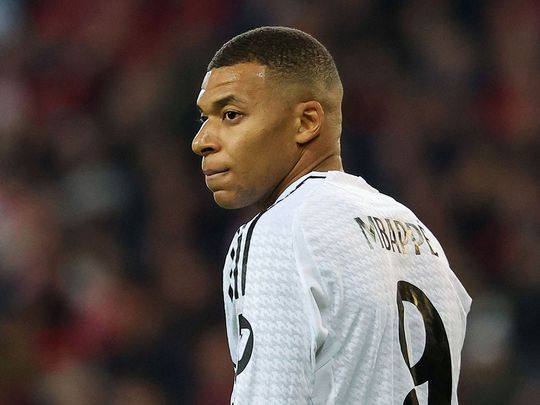World
New international coalition seeks two-state solution in Israel-Palestine conflict

A new international coalition to seek a two-state solution to the Israel-Palestine conflict has gained traction on Thursday (26 September) despite Israel’s absence from the talks.
Thursday’s meeting, co-hosted by Saudi Arabia, the EU, Norway and a series of other countries on the sidelines of the UN General Assembly, explored renewed peace efforts and a two-state solution for Israel and Palestine.
“We meant to take stock of how many people want to engage in the Global Alliance for the Implementation of the Two-State Solution – and from this point of view, it was a great success,” EU’s chief diplomat Josep Borrell told Euractiv in New York on Thursday (26 September).
According to the organisers, the talks were attended by over 90 countries and almost 60 foreign ministers from across the UN spectrum.
The first follow-up meetings at the senior working level are expected to be held in Riyadh and Brussels, with more to follow in Cairo, Oslo, Amman, and Ankara.
“We now have launched a process, (…) it’s up to us now to put concrete proposals on the table,” Borrell said.
Borrell told Euractiv that one example of that would be to test the waters on willingness to recognise Palestine’s independence, a move pushed for by Spain and Ireland, to “see how many countries want to do it all together.”
Thursday’s talks came after an initial meeting last September had brought together 50 foreign ministers from Europe and the Middle East to discuss a new ‘incentives-focused’ Middle East peace initiative but fell flat after the 7 October attacks and the outbreak of the Israel-Hamas war.
“These meetings will focus on the action points identified during today’s ministerial meeting, which is aimed at advancing the UN and other related peace efforts in the context of implementing the two-state solution,” Saudi Foreign Minister Prince Faisal bin Farhan told reporters.
Israel did not attend the ministerial meeting despite receiving an invitation.
Asked whether any tangible outcome of the process can be expected without Tel Aviv’s buy-in, Borrell said that “it’s clear to everyone that the Netanyahu government doesn’t want [to engage] and will do everything to prevent a Palestinian state.”
“It’s going to be a complex process, in which the Israeli civil society also has to be part of, but we have to start,” he added.
Prime Minister Benjamin Netanyahu is expected to address the UN General Assembly on Friday (27 September).
While world leaders have been issuing urgent calls for ceasefires in Gaza and de-escalation with Lebanon, warning of the risk of a wider regional war in the Middle East, many of them will already have left New York when Netanyahu addresses the chamber.
The US, as well as several European countries and Arab states on Thursday, put forward a proposal for a 21-day ceasefire to stop the fighting between Israel and Hezbollah, a move dismissed by Tel Aviv.
“We continue to hit Hezbollah with all our might – this is the policy,” Netanyahu said in a statement upon arrival.
Asked by reporters about the ceasefire proposal, Prince Faisal said it had been carefully crafted to take into account the interests of both Lebanon and Israel.
“We have seen since the start of the war a pattern; every time we are told we are close to a ceasefire in Gaza, it does not happen,” he added.
“Similarly, when we were with our partners working together on a very concrete call for a ceasefire regarding Lebanon, our impression was that was acceptable, only to learn now that, no, it is not acceptable,” he added.
[Edited by Alice Taylor-Braçe]










